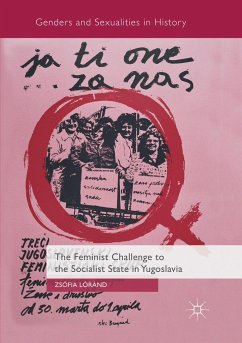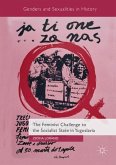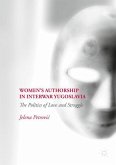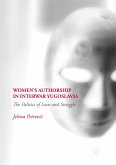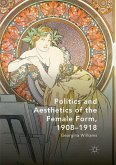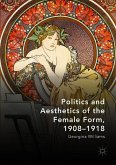This book tells the story of new Yugoslav feminism in the 1970s and 1980s, reassessing the effects of state socialism on women's emancipation through the lens of the feminist critique. This volume explores the history of the ideas defining a social movement, analysing the major debates and arguments this milieu engaged in from the perspective of the history of political thought, intellectual history and cultural history. Twenty-five years after the end of the Cold War, societies in and scholars of East Central Europe still struggle to sort out the effects of state socialism on gender relations in the region. What could tell us more about the subject than the ideas set out by the only organised and explicitly feminist opposition in the region, who, as academics, artists, writers and activists, criticised the regime and demanded change?
"Lóránd presents a detailed history of the emergence and growth of feminism in Yugoslavia. ... Lóránd's study provides an important and welcome intervention. Her book reveals the unique expression of feminism in Yugoslavia, and in doing so helps to nuance the history of both life under state socialism and feminism itself. In many ways, the story of new Yugoslav feminism will be familiar to readers." (Jane Freeland, German Historical Institute London Bulletin, Vol. 44 (1), May, 2022)

